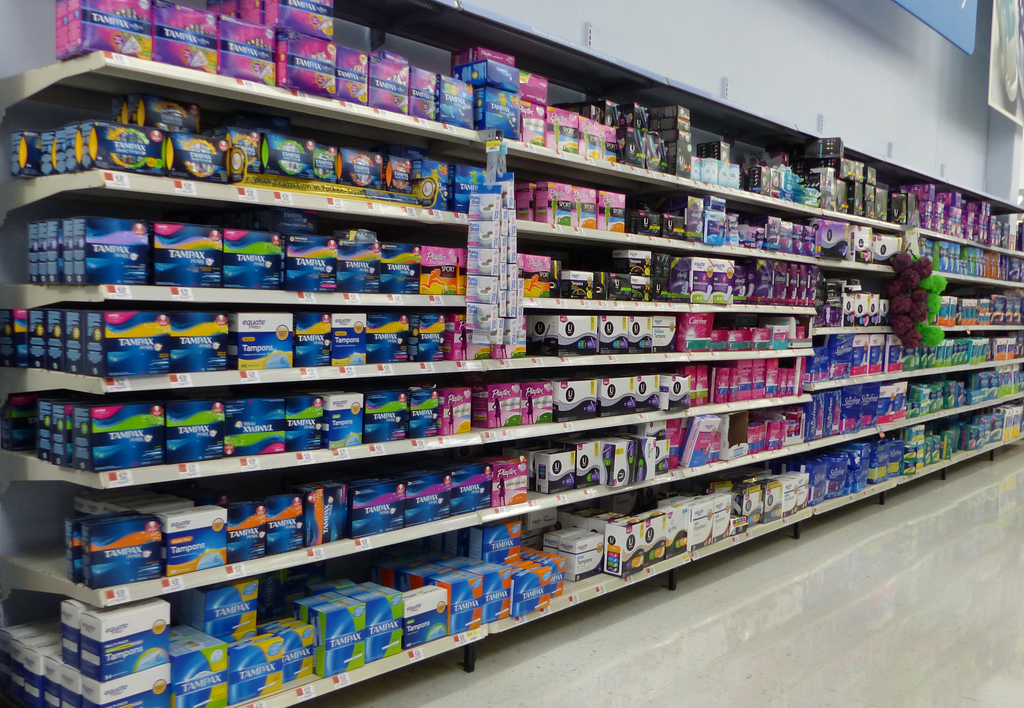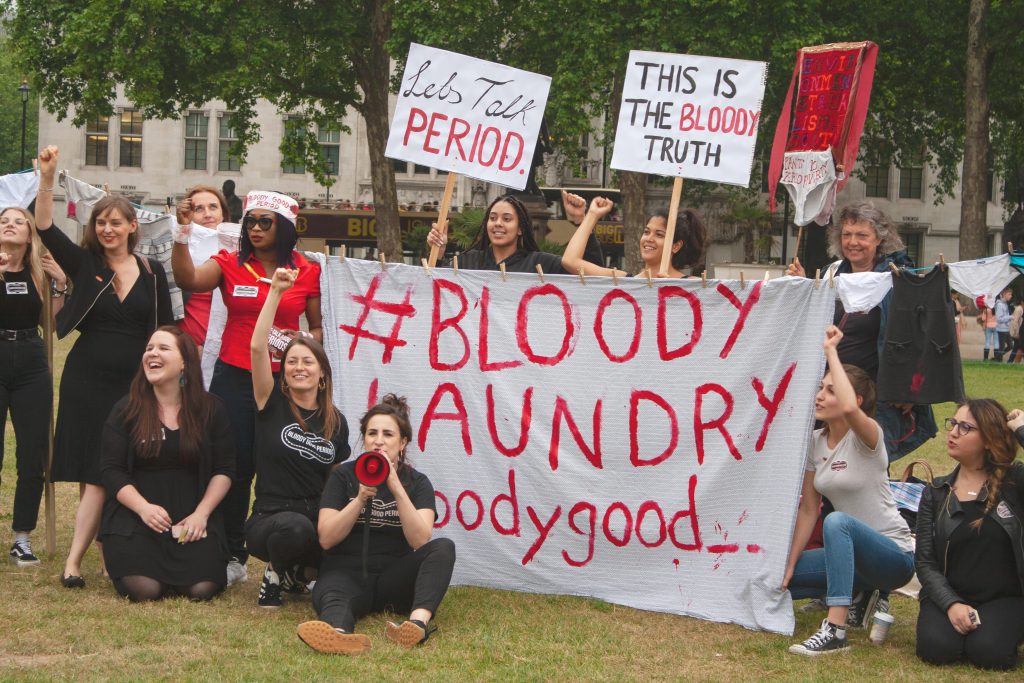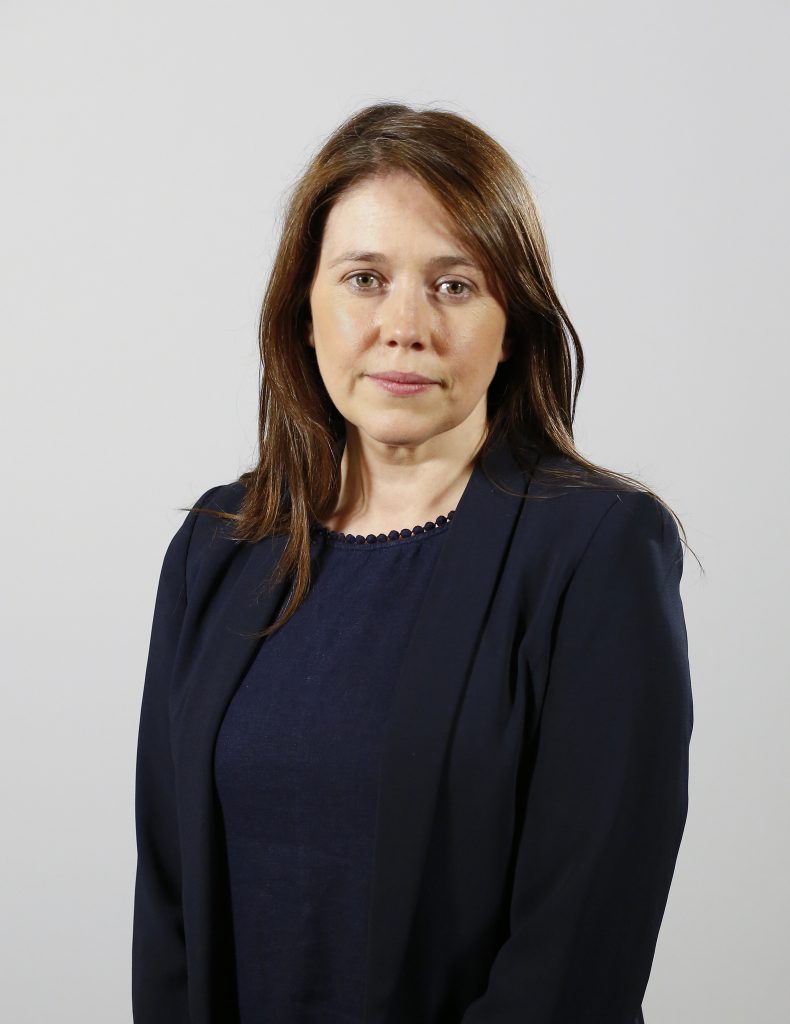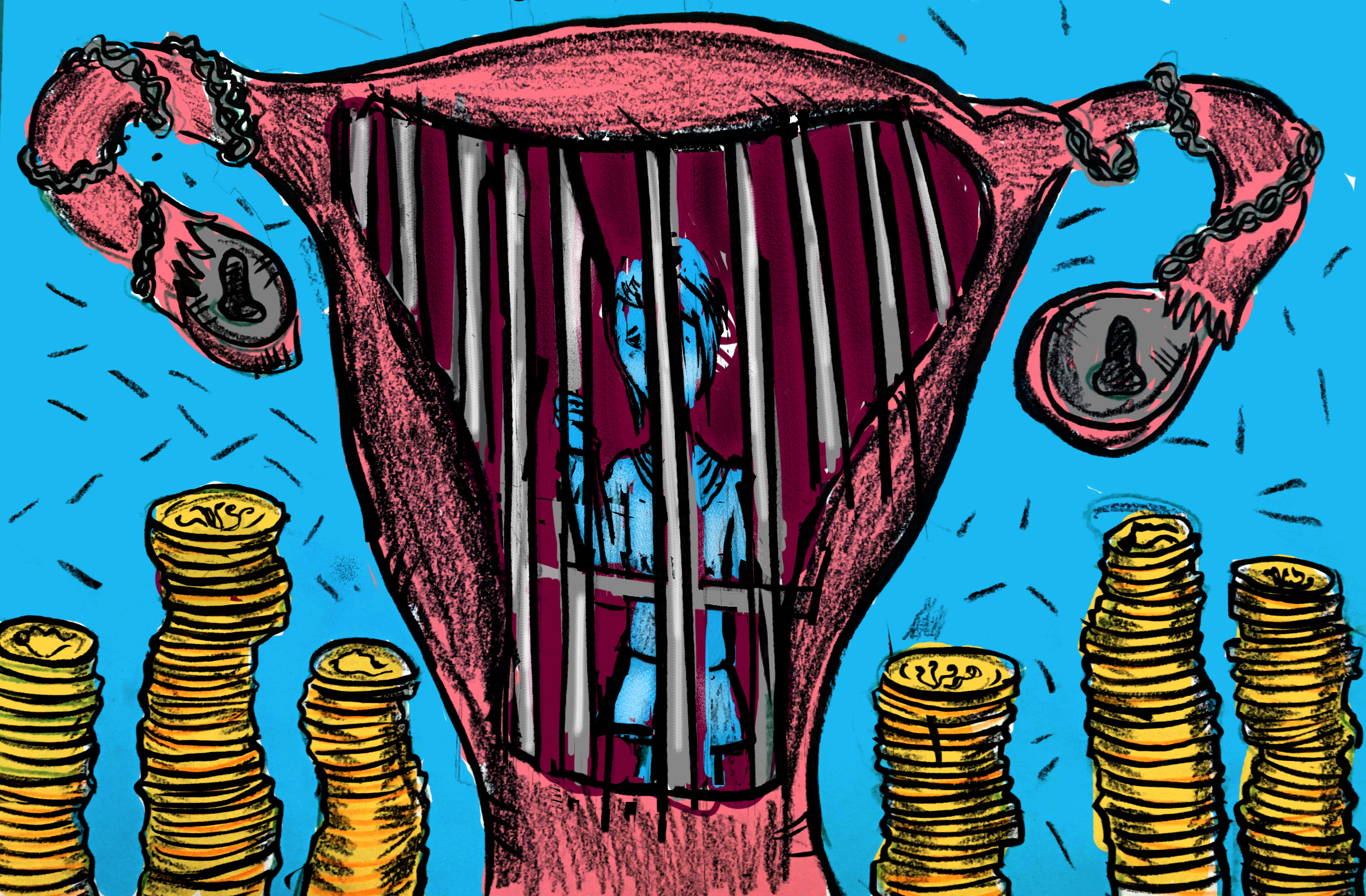Bristol City Council is taking decisive action against period poverty by committing to provide free sanitary products to every schoolgirl in Bristol. The move came after a council motion on the issue received unanimous backing.
The council will now convene a summit in December bringing together businesses, charities and trade unions to introduce concrete plans to provide sanitary protection to Bristol schoolgirls, from year 5 to year 13.
Councillor Helen Godwin, who moved the motion, said, “today’s issue is one that simply shouldn’t belong in twenty-first century Britain and it is a travesty that we need to confront the huge issue of period poverty in our city.
I am not interested in an empty motion that promises much but delivers little.
-Helen Godwin
“We are swimming in statistics on this issue, all of which confirm the fact that too many of our girls and women are unable to afford or access sanitary protection during their period.
“I would like Bristol to lead the way and to be a trailblazer authority in terms of how we tackle this issue. I am not interested in an empty motion that promises much but delivers little. Partnership working proudly and unashamedly defines this administration; we know the answers to the problems cannot only be found in City Hall.”
Period Poverty is a Big Issue
 Credit: Wikimedia Commons
Credit: Wikimedia Commons
Period poverty is where women are unable to afford basic menstrual hygiene products. As a result, they may be forced to use rags, socks, paper, and napkins when they are menstruating, putting their health at risk.
There are also reports of girls and women using a single tampon all day which increases the risk of toxic shock syndrome.
Research by Plan International UK has highlighted the scale of period poverty in the UK. It reveals that one in ten girls have been unable to afford sanitary wear and one in seven have struggled to afford sanitary wear. One in ten girls have had to improvise sanitary wear because of the cost.
It also found that 49 per cent of girls have missed an entire day of school because of their period, 59 per cent of which lied or gave an alternate reason for their absence.
Bloody Good Period, a not-for-profit giving asylum seekers sanitary products, estimates that the lifetime cost of having a period is £4,800.
Today’s issue is one that simply shouldn’t belong in twenty-first century Britain and it is a travesty that we need to confront the huge issue of period poverty.
-Helen Godwin
A RightsInfo investigation found that thousands of women rely on food banks and charities for sanitary wear. A survey of 90 charities, food banks and shelters found that 5,900 women collected sanitary products each month.
The Trussel Trust Foodbank network encourages donations of “feminine products – sanitary towels and tampons.”
They say, “It’s natural that the first thing anyone thinks to donate to a foodbank is food, but toiletries and hygiene products are also extremely important.
“Foodbanks try to provide the following essential non-food items to adults and children in crisis, helping them maintain dignity and feel human again.”
Why Period Poverty is a Rights Issue

Girls and women being able to access sanitary products is a human rights issue.
Dignity lies at the heart of human rights and women being unable to carry out daily activities because they can’t afford sanitary products is hugely detrimental to their well-being.
We are swimming in statistics on this issue, all of which confirm the fact that too many of our girls and women are unable to afford or access sanitary protection.
Helen Godwin
Period poverty also impacts the right to education, which is enshrined in the 1948 Universal Declaration of Human Rights (UDHR). Article 2 of Protocol 1 to the Human Rights Convention also protects the right to an effective education. As Plan International UK’s research shows and anecdotal evidence backs up, schoolgirls missing school because of period poverty is a big issue.
The right to health is also a key principle of human rights. Article 25 of the UDHR states, “Everyone has the right to a standard of living adequate for the health and well-being.” It’s also included in the 1966 International Covenant on Economic, Social and Cultural Rights, which recognises the right to “the highest attainable standard of physical and mental health.”
Clearly, health is compromised by being unable to afford sanitary products.
Scotland has Made Sanitary Products Freely Available to all Students
 Communities and Local Government Secretary Aileen Campbell Credit: Flickr Scottish Government
Communities and Local Government Secretary Aileen Campbell Credit: Flickr Scottish Government
In August, the Scottish government pledged to make free sanitary products available at schools, colleges and universities across Scotland through a £5.2 million fund.
The scheme began in September to coincide with the start of term. It’s believed the Scottish government is the first in the world to commit to tackling period poverty.
The lifetime cost of having a period is £4,800.
-Bloody Good Period
Communities Secretary Aileen Campbell said: “In a country as rich as Scotland it’s unacceptable that anyone should struggle to buy basic sanitary products. I am proud that Scotland is taking this world-leading action to fight period poverty and I welcome the support of local authorities, colleges and universities in implementing this initiative.
“Our £5.2 million investment will mean these essential products will be available to those who need them in a sensitive and dignified way, which will make it easier for students to fully focus on their studies.”
Featured image by Skye Baker
You can see RightsInfo’s series on Period Poverty here.







